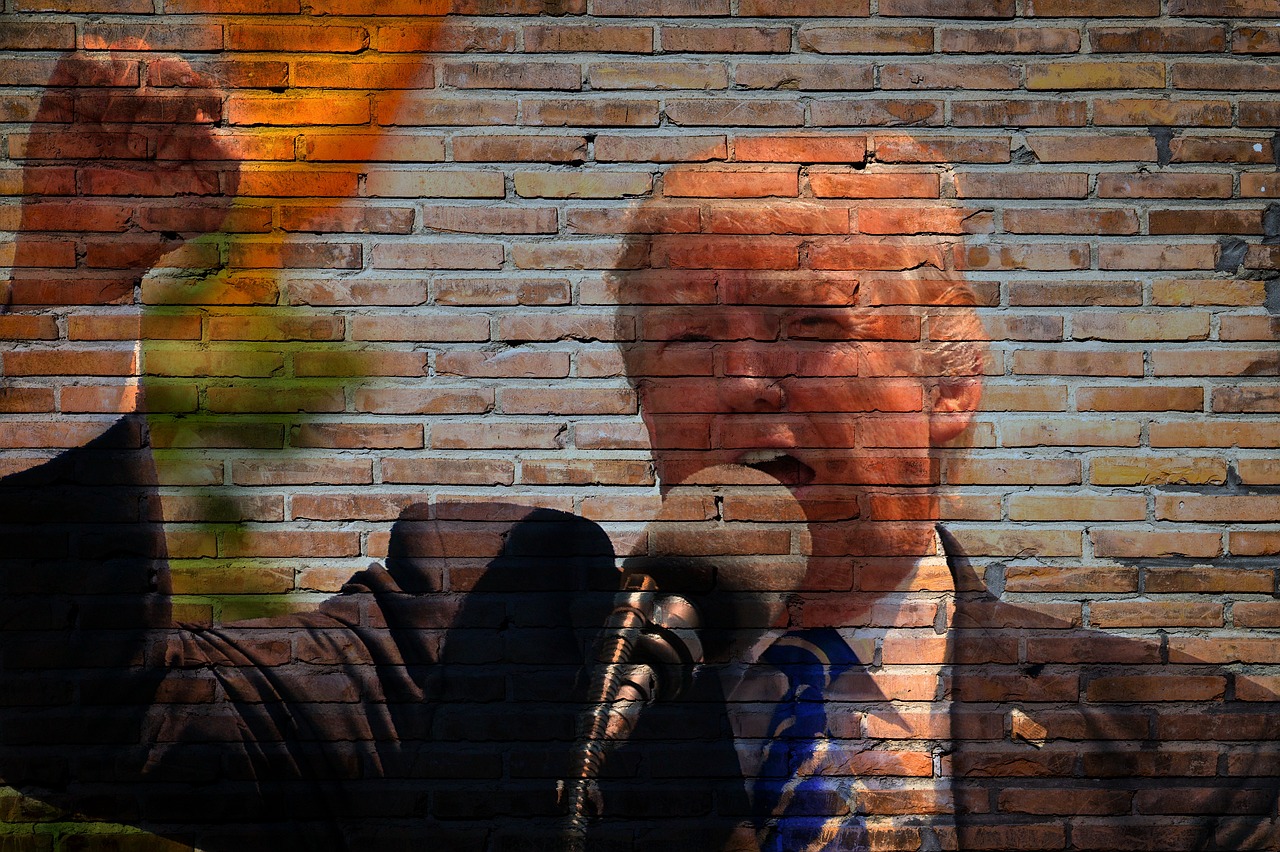Trump’s Controversial Appointments: A Signal of Political Revolution
Former President Donald Trump’s recent appointments for his new administration are sparking concern and dismay among members of his own party and political pundits. With figures like a former Fox anchor at the Pentagon and a former Democrat accused of promoting Russia, Trump’s picks seem more like a challenge to the establishment than an attempt to build a cohesive government.
The Pressure in the Senate
Trump’s first big test will be in the Senate, where Republicans hold 53 seats. They now have to decide whether to confirm the president’s nominations or give up some of their constitutional prerogatives.
According to Michael Waldman, president of the Brennan Center for Justice, the nominations are so provocative they seem like a “form of performance art.”
The internal divide is evident, with some senators already expressing reservations about figures like attorney general nominee Matt Gaetz. Sen. Lisa Murkowski has called Gaetz “a non-serious candidate,” suggesting his confirmation is unlikely.
Fears for the Future of Intelligence
Some of Trump’s nominees raise questions about their suitability. Tulsi Gabbard, a former Democratic presidential candidate, will be running America’s intelligence community without previous experience in the field. And Peter Hegseth, a veteran television anchor, is seen as unsuited to running national security.
Both appear to have been chosen not only for their personal credentials but also to further Trump’s agenda: taking revenge on the intelligence community that undermined his work during the Russia scandal and fighting against diversity programs at the Pentagon.
A Problematic Perspective
With these appointments, Trump is outlining a clear strategy: to undermine the traditional checks and balances of the American political system. Added to this are the first effects of his policies on the legal process regarding the Capitol attackers, with some judges already ready to postpone criminal proceedings pending the new presidential inauguration.
As the Grand Old Party faces an unprecedented internal crisis and a potential rift with the establishment, it remains to be seen how this new political era will unfold and what consequences it will have for the future of American democracy.


